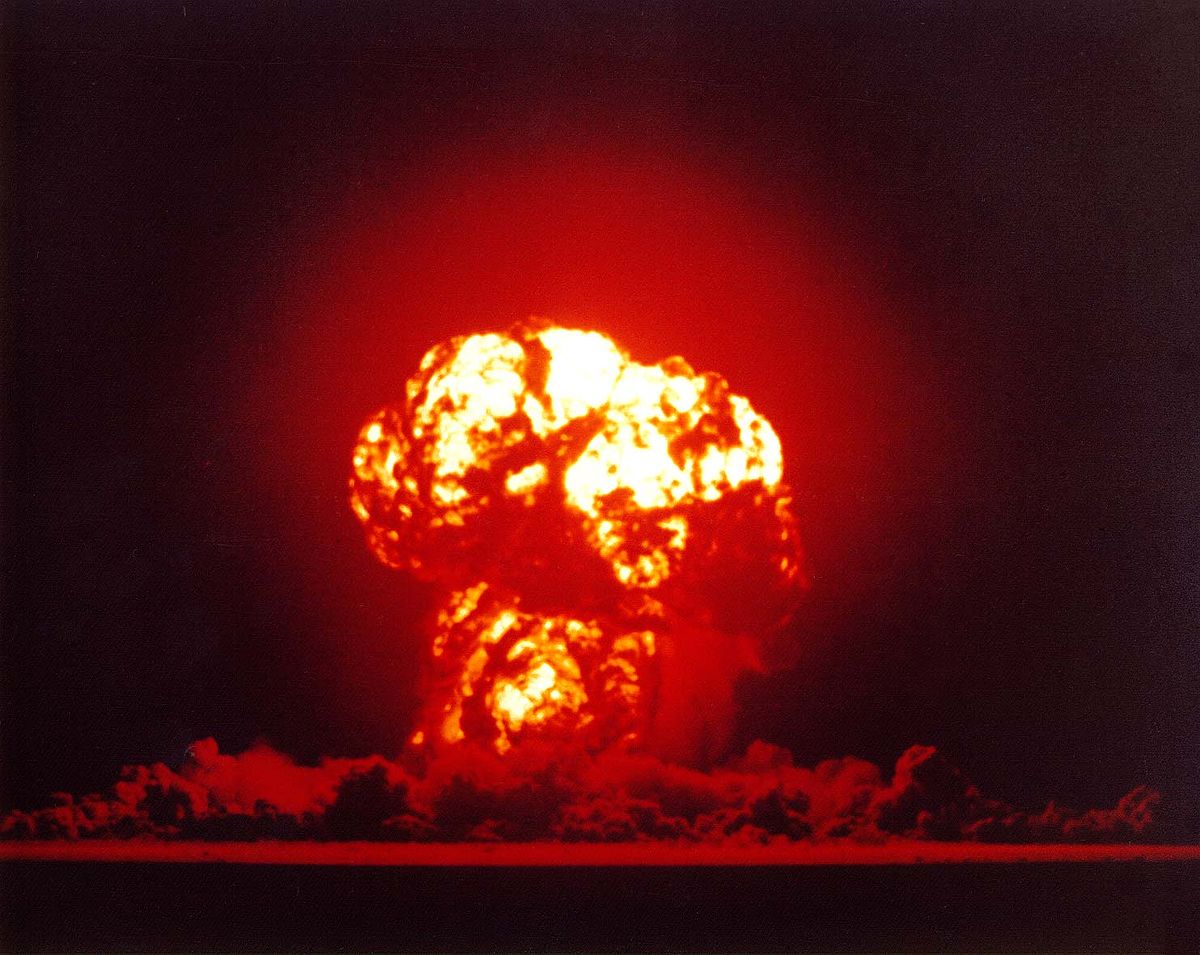So it's my understanding that Operation Unthinkable was "Unthinkable" for a reason. Launching an unprovoked war against the USSR, who most at the moment consider an ally, and who possesses the largest and most experienced military in Europe, almost immediately after the previous war ended would be an absolutely horrible idea.
So for some ungodly reason it's actually attempted and there's predictably massive mutinies and public outcry, and the Red Army marches all the way to the Rhine before a ceasefire is declared and peace is made. Truman and Churchill are removed from office.
So after this disaster, would there still be something resembling the Cold War as we know it? Is a cold conflict between the United States and Soviet Union short circuited before it could even begin or just postponed?
So for some ungodly reason it's actually attempted and there's predictably massive mutinies and public outcry, and the Red Army marches all the way to the Rhine before a ceasefire is declared and peace is made. Truman and Churchill are removed from office.
So after this disaster, would there still be something resembling the Cold War as we know it? Is a cold conflict between the United States and Soviet Union short circuited before it could even begin or just postponed?

